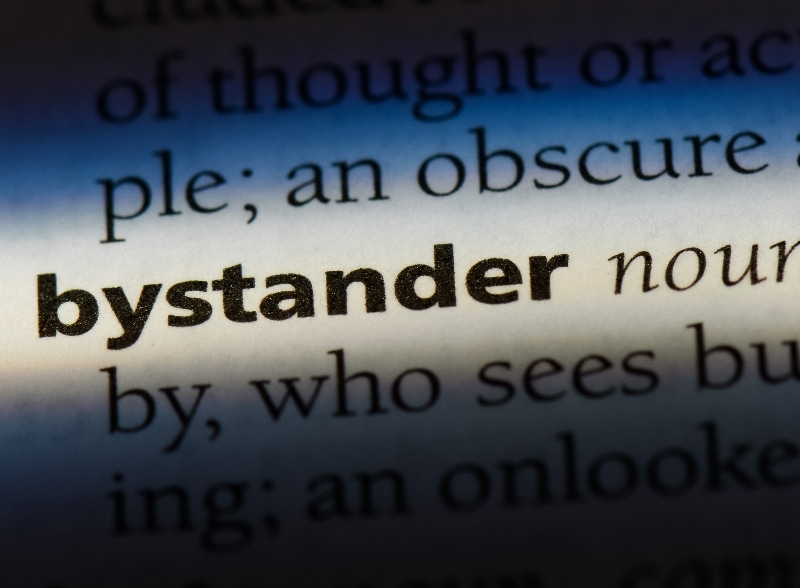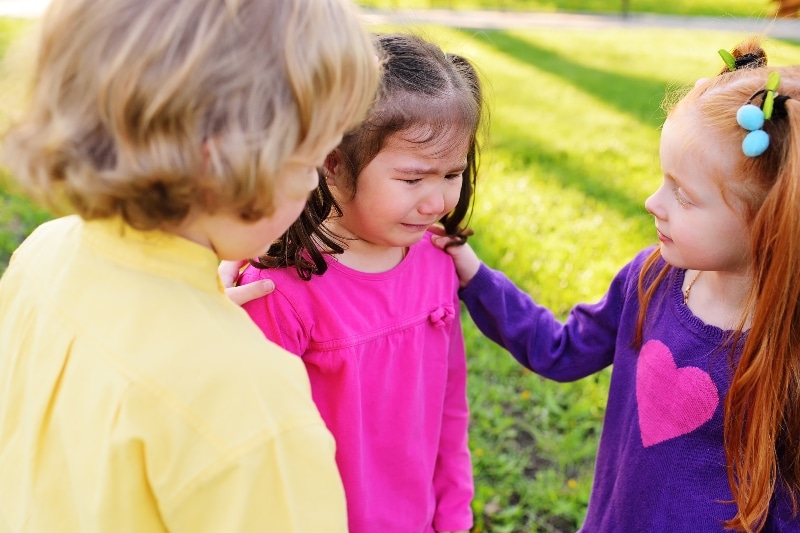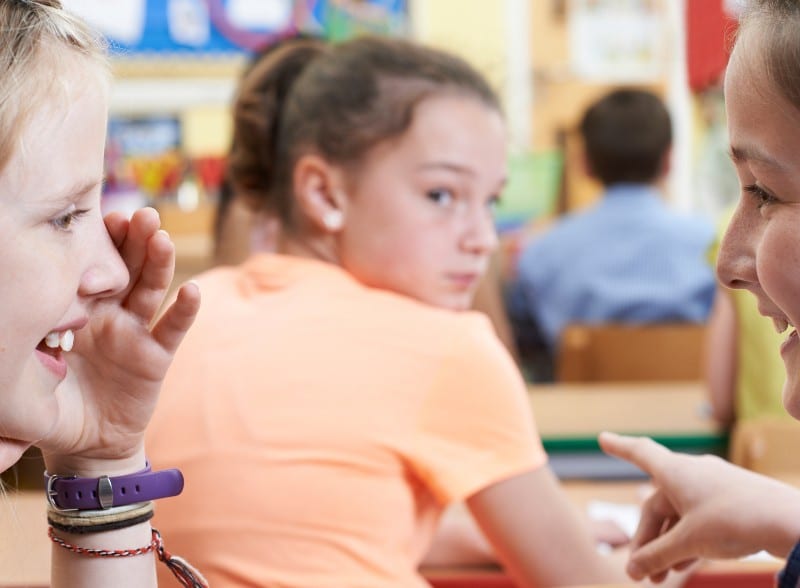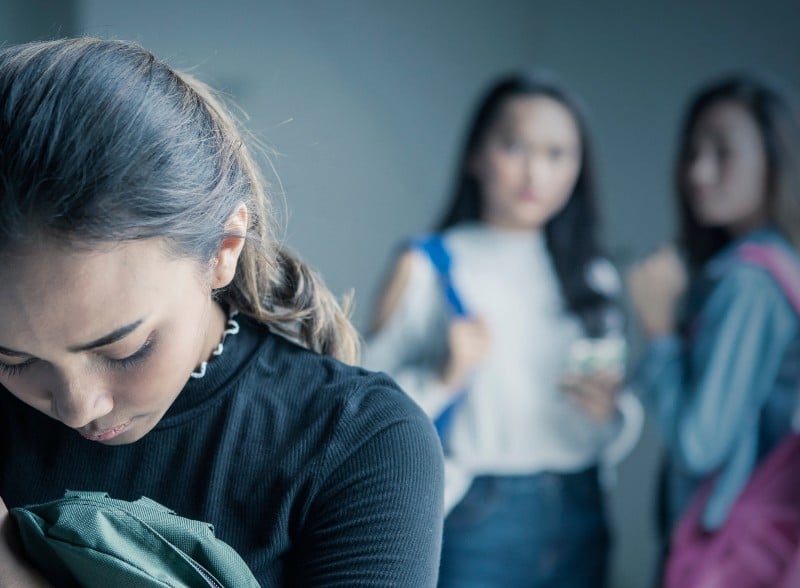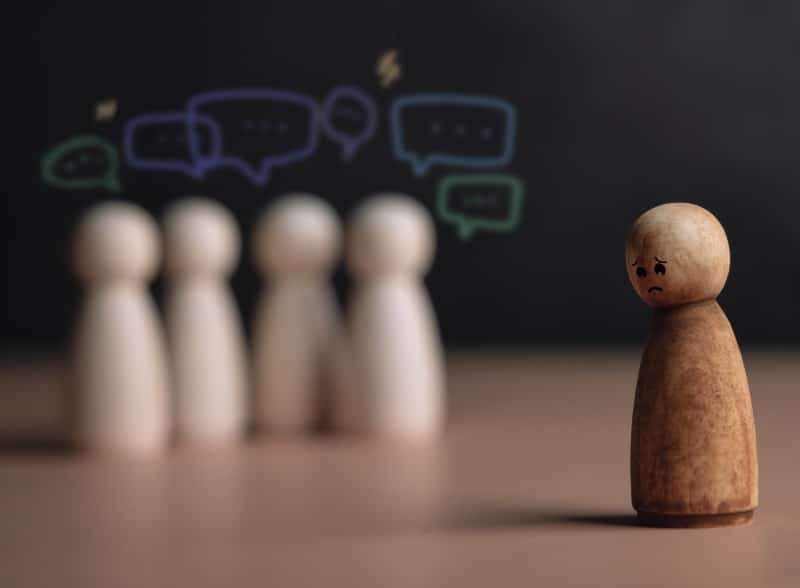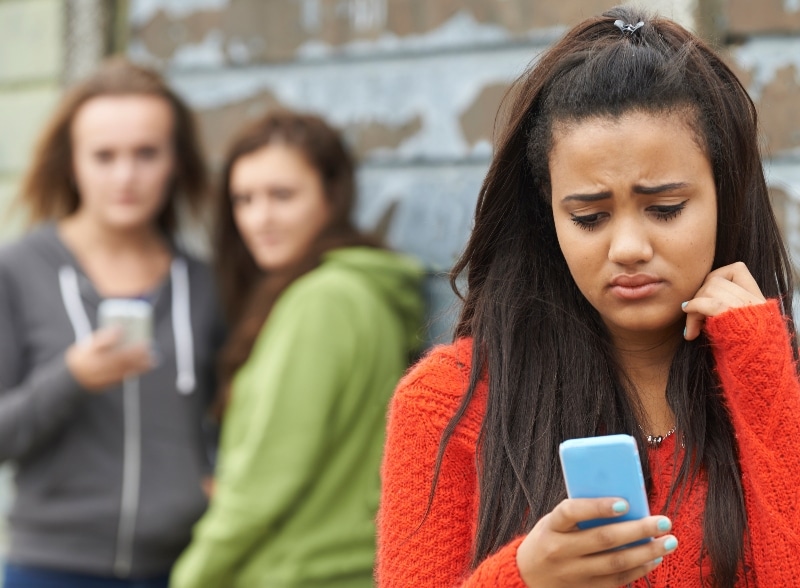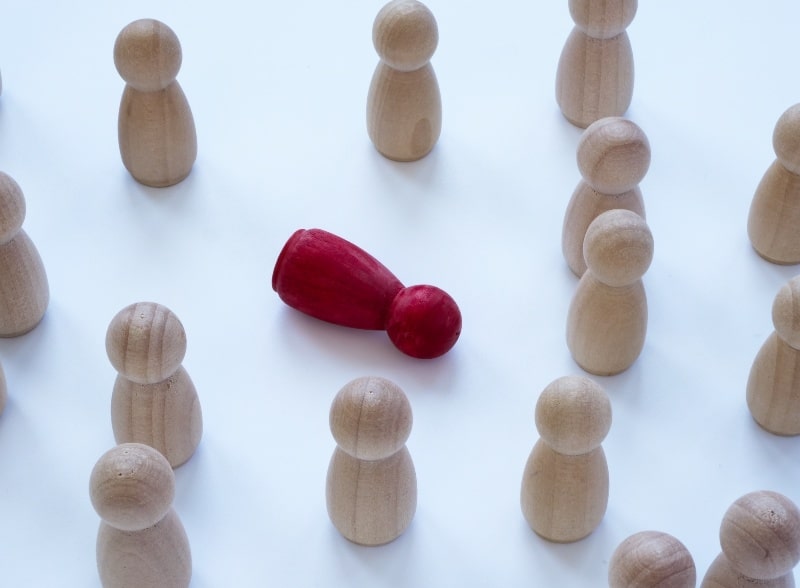
Being a Positive Bystander: Scenarios to Discuss with Children and Teens
Talking in family life about the importance of being a good bystander is vital to help our children navigate situations that they are likely to find themselves in. Use these scenarios (for both younger children and teens) to initiate discussion about common circumstances where they might find themselves witness to harmful talk, abuse or bigotry and work out how they can challenge it.


